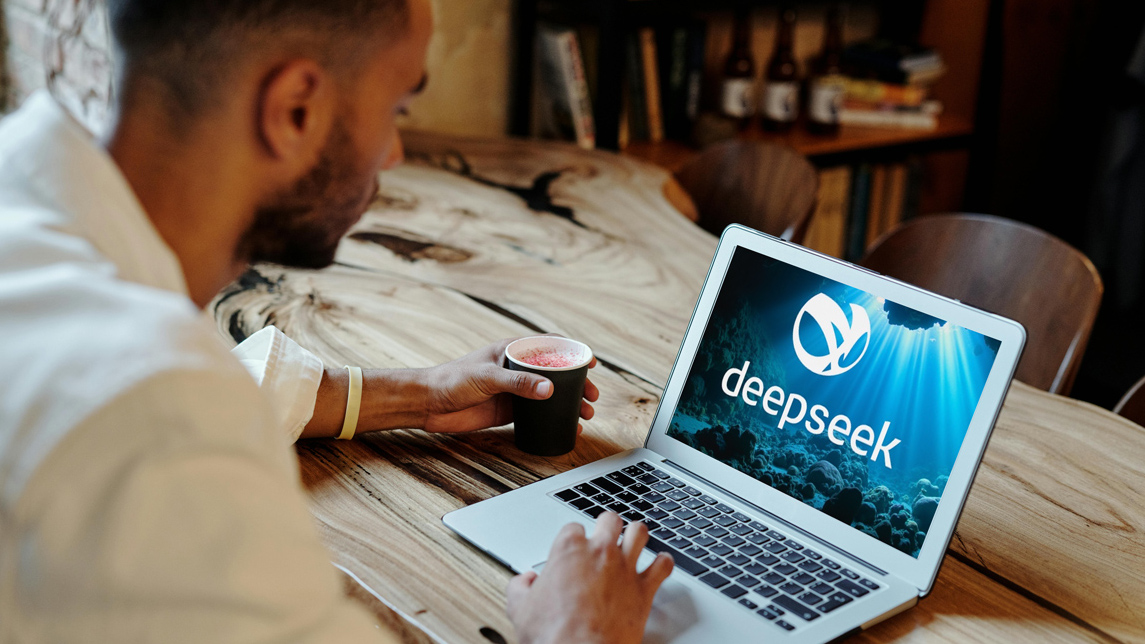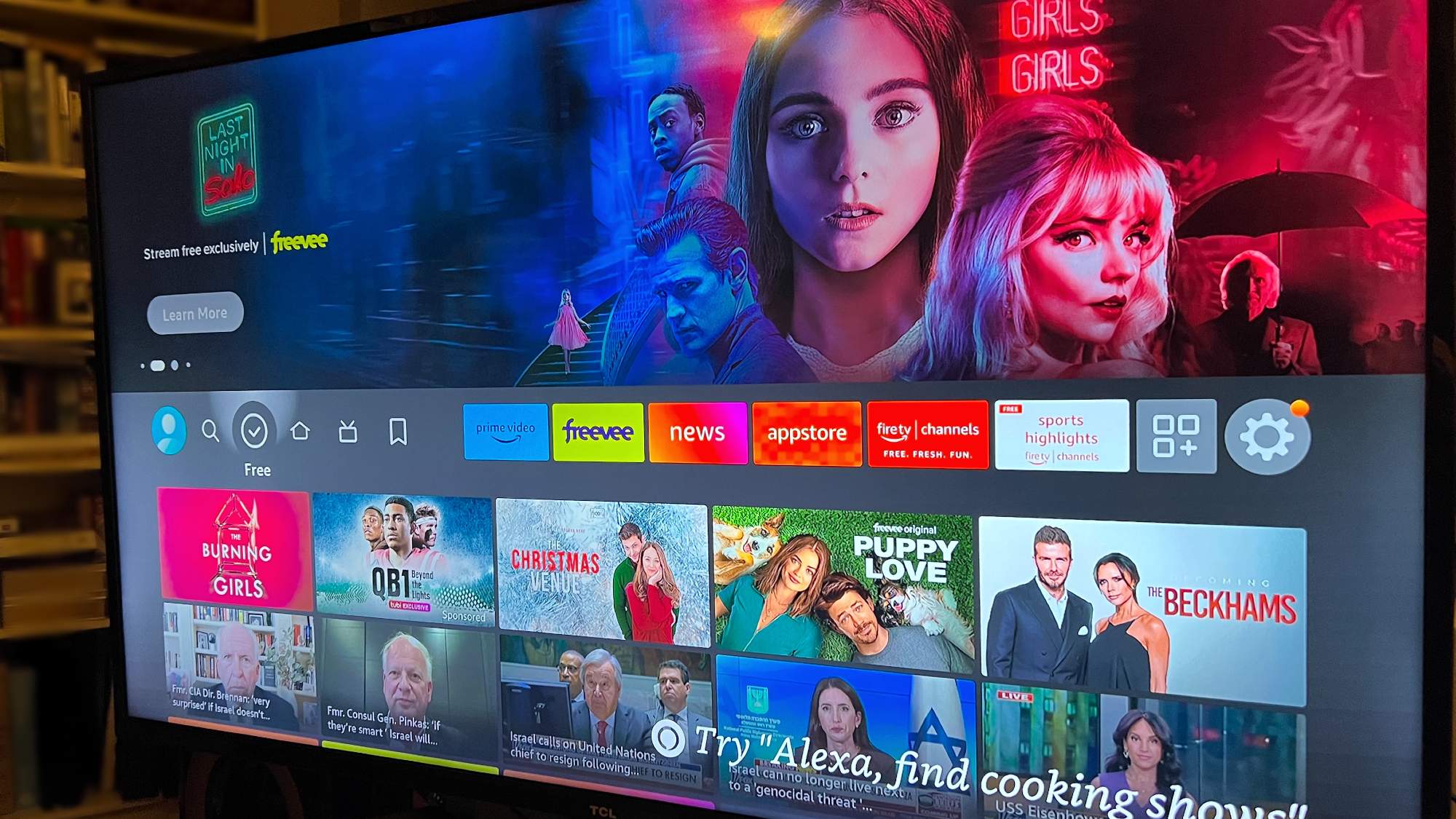When you purchase through links on our site, we may earn an affiliate commission.Heres how it works.
Last week, DeepSeek quickly became the most popular app on the Apple App Store.
The free, open-source model quickly gained popularity for its advanced capabilities and free access.

However, significant concerns are being raised about its security and potential vulnerabilities.
Arecent report by Ciscorevealed alarming findings that indicateDeepSeekis severely flawed in terms of security.
The R1 model exhibited a 100% attack success rate, failing to block harmful prompts.

DeepSeek is highly susceptible to algorithmic jailbreaking, where users manipulate the AI to perform unintended or malicious tasks.
In addition to its security vulnerabilities, DeepSeek has faced issues related to data privacy.
Acritical database leakexposed over one million records, including system logs, user prompts, and API tokens.
The combination of security flaws and data privacy issues has attracted international attention.
The open-source paradox
The open-source nature of DeepSeek’s models offers significant appeal.
This efficiency allows companies to integrate advanced AI capabilities without the substantial financial investment typically required for proprietary models.

Companies such asPerplexity AIandGrokoffer users a selection of proprietary and third-party AI models to address their queries.
The latest addition to this lineup is DeepSeek R1.
Grok does not store user data.

However, these cost-effective strategies may have weakened the safety mechanisms of the models.
The lack of safety in models like DeepSeek R1 makes them susceptible to algorithmic jailbreaking and potential misuse.
More from Tom’s Guide























